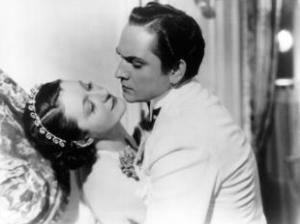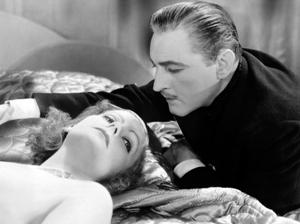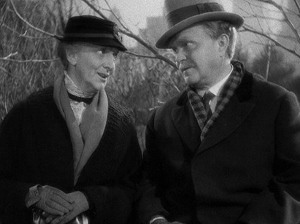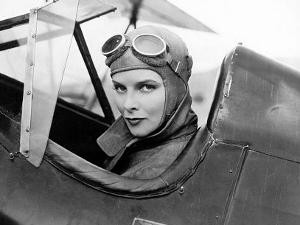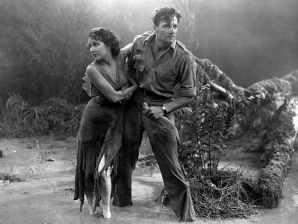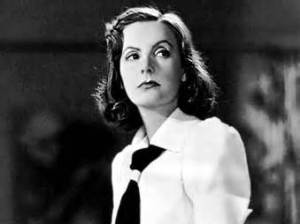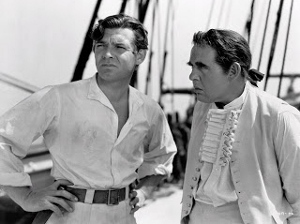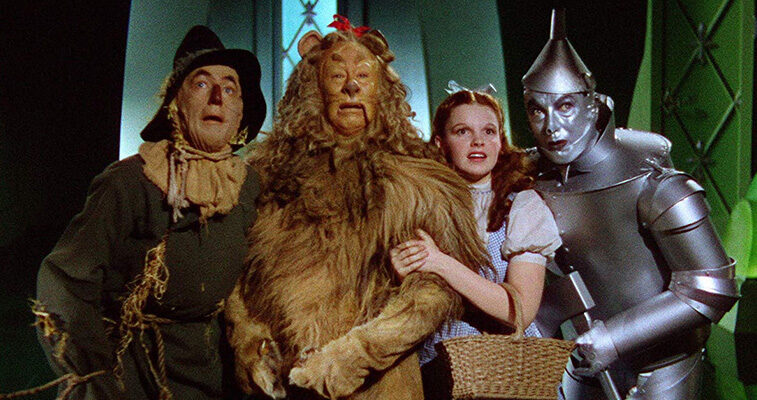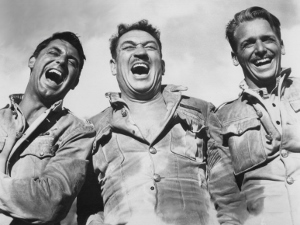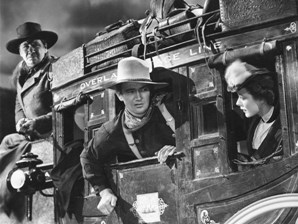Grand Hotel (1932)
Make Way for Tomorrow (1937)
[8]
Leo McCarey won the best director Oscar for The Awful Truth, released the same year, but told the Academy they’d awarded him for the wrong picture. He may be right. Make Way for Tomorrow is a disarming, bonafide love story between an elderly couple (Victor Moore and Beulah Bondi) who are forced to separate when the bank forecloses on their home. The film is remarkably restrained and unsentimental for its time. The characters constantly mask their true feelings, fending off melodrama by acting against our immediate expectations.
Christopher Strong (1933)
The Most Dangerous Game (1932)
Ninotchka (1939)
[7]
It’s fun to watch Greta Garbo defrost in Ninotchka. She plays an oh-so-serious Russian sent to Paris to straighten out the sale of some allegedly stolen jewels. Melvyn Douglas gets in her way. At first, he’s an annoyance, but a curious one. Her no-nonsense attitude toward him makes for a unlikely cinematic romance. The highlight of their courtship is a restaurant scene where Douglas is determined to make Garbo laugh. He tells joke after joke to no affect. Then Douglas leans back too far in his chair and falls on his ass. This results in one of the most joyous reaction shots from the Golden Age of Cinema.
Mutiny on the Bounty (1935)
[8]
You know you’re in for a harrowing journey when the ship’s captain gives a dead man 300 lashes before the ship even leaves port. Charles Laughton steals the show here as the torturous Captain Bligh, a greedy monster who plays recklessly with the lives of his crew. Clark Gable is charismatic as Fletcher Christian, the man who leads the uprising against Bligh (and without his trademark mustache, since facial hair wasn’t permitted in the Royal Navy). Franchot Tone is very good as Roger Byam, a friend of Christian’s who ultimately sides with Bligh… a decision that nearly costs him his life. All three actors were Oscar-nominated for their roles, and the film won the award for Best Picture.
The Wizard of Oz (1939)
Gunga Din (1939)
[10]
Directed by George Stevens and inspired by Rudyard Kipling’s poem, Gunga Din is the story of three indomitable British soldiers who find themselves at the center of a battle against the bloodthirsty Thuggee cult. Captured and enslaved with an aspiring water boy (the title character), the men endanger their lives to thwart an ambush of the British army coming to rescue them. Gunga Din is a rousing adventure that exalts camaraderie among men. The stalwarts are played by Cary Grant, Douglas Fairbanks Jr., and Oscar-winner Victor McLaglen (The Informer, The Quiet Man). The men spend half their time quarreling and the other half working against a common enemy — but it’s a three-way bromance, to be sure. Grant and McLaglen even spend half the movie trying to trick Fairbanks, whose character is leaving the army to get married, back into service. Joan Fontaine has the thankless role of Fairbanks’ betrothed, the Yoko threatening to break up the band.
Stagecoach (1939)
[9]
John Ford’s masterpiece is still a thoroughly entertaining ride. A handful of disparate personalities, including John Wayne as the notorious Ringo Kid, take their chances traveling through Apache territory. Along the way, friends and enemies are made, a baby is born, a seemingly doomed romance blooms, and not everyone makes it to their destination alive.

